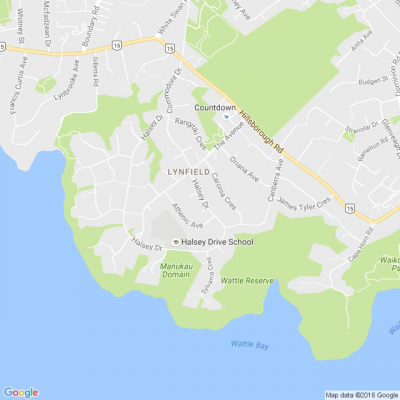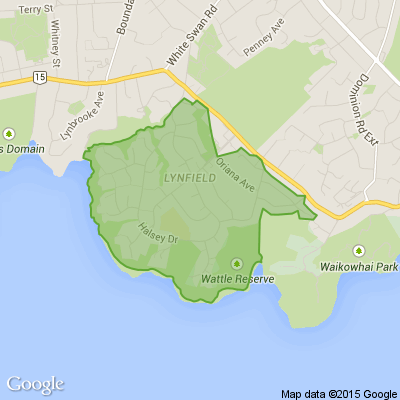Auckland Council has proposed a move from weekly to fortnightly kerbside rubbish collections along with other measures in order to move closer to a zero-waste target by 2040.
The draft Waste Management and Minimisation Plan 2024 (WWMP 2024) includes proposals to increase options to re-use, repair or re-purpose items and advocate for a rethink on how they are designed to extend their life span.
It also includes the targeting of construction and demolition waste, organic, plastics, packaging, textiles and biosolids, addressing litter and illegal dumping, and speeding up minimisation of waste generated by Auckland Council.
The draft WWMP 2024 outlines the "next important steps" to reduce waste and emissions, and cleaning up Auckland's waterways and environment, said chair of the planning, environment and parks committee Richard Hills.
"It builds on previous work undertaken by Auckland Council by doing more to keep resources in circulation and minimise harm caused by waste, while creating jobs and boosting the economy."
1.5 million tonnes of waste a year goes to landfill a year in Auckland, enough to fill Eden Park on a weekly basis. Without changes, this is expected to rise to at least 1.7 million tonnes annually by 2040.
Hills said that Aucklanders have shown their willingness to make changes toward a circular economy, acknowledging the efforts of young people in demanding action.
"Despite ambitious targets, we have seen steady progress in moving Tāmaki Makaurau towards this goal over the past decade, but it’s clear we can do more."
Auckland Council is also seeking feedback on a separate draft waste plan for the Hauraki Gulf Islands, which have their own unique waste management needs and challenges.
Aucklanders have until March 28 to have their say on the draft Waste Management and Minimisation Plan (WMMP) 2024 and the Draft Hauraki Gulf Islands Waste Plan 2024.
============================================
www.1news.co.nz...
=============================================
Poll: As a customer, what do you think about automation?
The Press investigates the growing reliance on your unpaid labour.
Automation (or the “unpaid shift”) is often described as efficient ... but it tends to benefit employers more than consumers.
We want to know: What do you think about automation?
Are you for, or against?

-
9.3% For. Self-service is less frustrating and convenient.
-
43.6% I want to be able to choose.
-
47.1% Against. I want to deal with people.
Dry cleaners mt Roskill
Hello our fellow neighbors I was hoping someone would know where the old dry cleaners we had up at the lights on dominion road have moved to?? I was out of town and when I came back they were gone .... I had some items that I would really love to get back but if only I new where they moved to or how to get In Touch with the owners to see what they did with our clothes if they closed down or moved elsewhere? Any updates or news about it would be amazing neighbors. Have a great day
Even Australians get it - so why not Kiwis???
“Ten years ago, if a heatwave as intense as last week’s record-breaker had hit the east coast, Australia’s power supply may well have buckled. But this time, the system largely operated as we needed, despite some outages.
On Australia’s main grid last quarter, renewables and energy storage contributed more than 50% of supplied electricity for the first time, while wholesale power prices were more than 40% lower than a year earlier.
[…] shifting demand from gas and coal for power and petrol for cars is likely to deliver significantly lower energy bills for households.
Last quarter, wind generation was up almost 30%, grid solar 15% and grid-scale batteries almost tripled their output. Gas generation fell 27% to its lowest level for a quarter century, while coal fell 4.6% to its lowest quarterly level ever.
Gas has long been the most expensive way to produce power. Gas peaking plants tend to fire up only when supply struggles to meet demand and power prices soar. Less demand for gas has flowed through to lower wholesale prices.”
Full article: www.theguardian.com...
If even Australians see the benefit of solar - then why is NZ actively boycotting solar uptake? The increased line rental for electricity was done to make solar less competitive and prevent cost per kWh to rise even more than it did - and electricity costs are expected to rise even more. Especially as National favours gas - which is the most expensive form of generating electricity. Which in turn will accelerate Climate Change, as if New Zealand didn’t have enough problems with droughts, floods, slips, etc. already.







 Loading…
Loading…